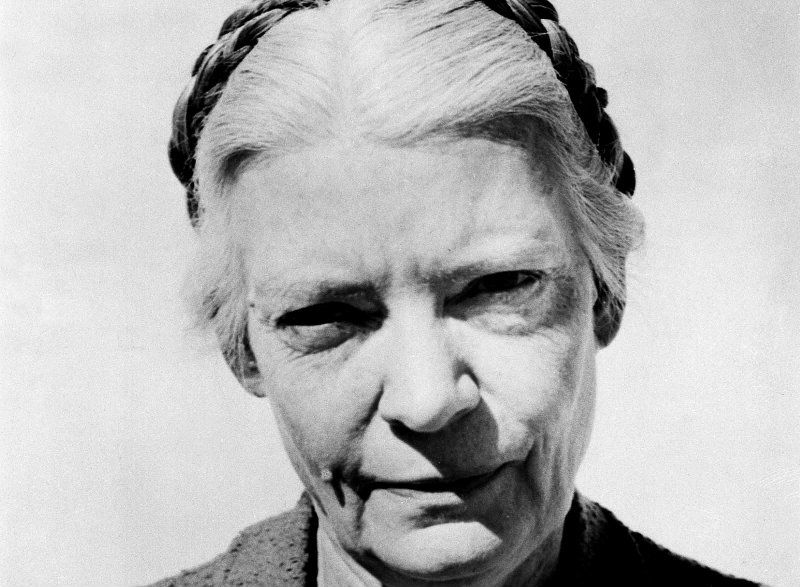It doesn’t take much to realize we are a fractured and divided society. Robert Putnam noted this collapse of community some time ago in his Bowling Alone. No more do we hang out in social clubs or recreational leagues. Unlike previous generations, we invest less in our neighbors and our society. Putnam continued this diagnosis in Our Kids where he chronicled our continuing separation. Schools used to be places where kids from diverse economic backgrounds attended classes, participated in clubs, and played sports together. Now, schools are separated by class, and sports, music, and extracurricular activities are private endeavors for the financially better off.
Putnam’s work is not the only one to indicate our fracturing. Bill Bishop noted in The Big Sort how we’ve come to cluster ourselves into homogeneous communities and so have little contact with those who differ from us. J.D. Vance’s Hillbilly Elegy notes the increasing isolation felt by those in rural Appalachia, an isolation felt even by those of us who are from there but no longer share their views. African Americans have long been made to feel like they don’t belong, an experience recently noted in both The New Jim Crow and Ta-Nehisi Coates’ Between The World and Me.
The affluence of the United States compounds this problem as it can blind us to our relationships with others. Different economic classes seem to see the world differently, and, in fact, “people who are higher in socioeconomic status have diminished neural responses to others’ pain.” In other words, more money, less empathy.
It is no wonder that we find ourselves a people divided, suspicious of one another, alone. For me, this situations recalled a quote by Dorothy Day in The Long Loneliness.
We have all known the long loneliness and we have learned that the only solution is love and that love comes with community.
Dorothy Day’s solution to the long loneliness was a solution to the deeper struggles we have within ourselves and between each other. It is a solution to the division that always plague people and that leads to our fracturing. It is Dorothy Day’s understanding of the gospel.
It seems this quote provides some direction forward in the midst of our fractured society: participate in and nourish our communities. I know we often want big changes, especially ones that improve our political and economic situation. I pray and hope that these occur. They are wonderful when they do. Personally though, I don’t know what I need to do to affect these large changes, much less how to do them. But, when I look around, I do see communities I can work to participate in and support. Truth be told, I’m not very good at this, but I see around me people who are.
I’ve got colleagues at my college who mentor students in their studies and their lives, a factor that greatly increases their chances of doing well in college. As a teacher, this is obvious work. I need to spend more time with students, attending to their needs in the classroom and talking with them outside of the classroom.
I keep returning to Julie Hanlon Rubio’s Family Ethics and David Matzo McCarthy’s Sex and Love in the Home as ways in which families can foster community. Jana Bennett’s forthcoming Singleness and the Church (which everyone should read) does this same kind of work but for a diversity of “singles”.
I have several friends working in parishes who are wrestling with the role of the parish in today’s society. The old parish life rooted on neighborhoods and ethnicity is gone. An implicit trust in churches has greatly deteriorated. Yet, I see these workers in the parish trying to find new ways to be a church community.
I’m sure others find themselves in these communities or others. It seems like we should be committing our efforts to communities like these, the communities we belong to. It is not the only approach, but it is an important one. The idea that we belong, have a role in society, are loved, these seem to be at the heart of so many of our divisions. If we can recognize these in ourselves and in those around us, we will have done some significant work to addressing our divided society. More importantly, we will have moved closer to the God who loves us.



